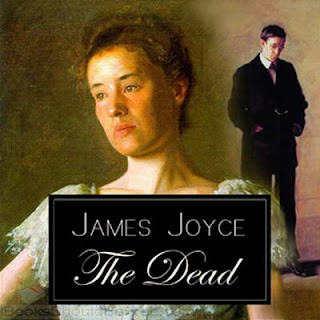Last night we watched Cabaret with Lisa Minelli and Michael York. We’d never seen it before, at least not all the way through, as we’ve never been Minelli fans and the obvious theme of threesomes and bisexuality has never interested us.
I bought the Cabaret DVD as a result of recently reading:
(1) Jeremy Bernstein’s MOSTLY HE WON: Kubrick, Bobby Fischer, and the Attractions of Chess. In here, Bernstein points out to Kubrick that Joel Grey was not German, as his Jewish-American father was Mickey Katz, who played the clarinet in Spike Jones’s orchestra and “had made some very funny records of operetta warhorse ballads translated into Yiddish.” Stanley Kubrick then says that Cabaret is the greatest musical of all time.
(2) Coincidentally, shortly after I read this, on November 21st, fellow Cormackian Tom Conoboy blogged about Cabaret glowingly at this LINK. Conoboy says,
“This is the glory of Cabaret for me, both the film and the play. Yes, we see the darkness of humanity, the depths to which it can descend. But that darkness is transient. Hitler’s thousand year Reich lasted barely twelve years. Humanity was restored. Love, humour, lust, companionship will survive, will revive, will reassert themselves. For all the apparent lowness of the lives of the dancers and regulars of the Kit Kat Klub, they represent humanity, glorious, unpredictable, bawdy humanity. And they will win. Always.(3) I discovered that Michael York, who stars opposite Minelli in the movie, has been fighting amyloidosis, the same disease that my wife is fighting. Here’s a good article on York’s fight to stay alive: “I’ll Never Take Anything For Granted Again.”
 |
| Michael and Pat York, from their website |
York credits his wife with helping him attain the correct diagnosis–after three years of going from doctor to doctor. That was our own experience too. And I don’t think that we ever would have had a correct diagnosis if I hadn’t gotten involved and harangued doctors for treating my wife’s symptoms instead of looking for the underlying disease. Our GP gave up on her at one point, suggesting that her pain was in her head and recommending a psychiatrist. At which point we changed doctors.
It was finally tentatively diagnosed, not by a doctor, but by an angelic APRN named Debra Lusk, in Elizabethtown. Kentucky. Her diagnosis was confirmed by the world renown Dr. Merrill Benson at Indiana University Hospital in Indianapolis. Apparently people die from this disease all the time without ever having a proper diagnosis.
My wife and I are not ones to take our gift of life for granted. We know that it is temporary, and we treasured each other every day long before the onslaught of this disease. And we know that this disease is yet incurable, that the median survival rate of this disease is a year and a half. Yet some people live with it for ten years or more, and so we are hopeful. And again thankful for each day.
The song from Cabaret goes,
Start by admitting: from cradle to tomb,
it isn’t that long a stay.
Yes, indeed. It sees the problem, but it doesn’t have the right answer. I can see value in its anti-authority theme, and in its compassion for the Other–ruder forms survive, as McCarthy puts it. Cabaret‘s carnivalesque show is deeply noir, and in that, a great work of art. BUT…
I can also see that the movie is shortsighted in its ultimate message. Cabaret prescribes continued denial, the addiction of distraction, instead of the facing of life’s temporal reality with love, gratitude, and responsibility. That is what Michael York and his wife are facing in their real-life roles.
As are we.
















































